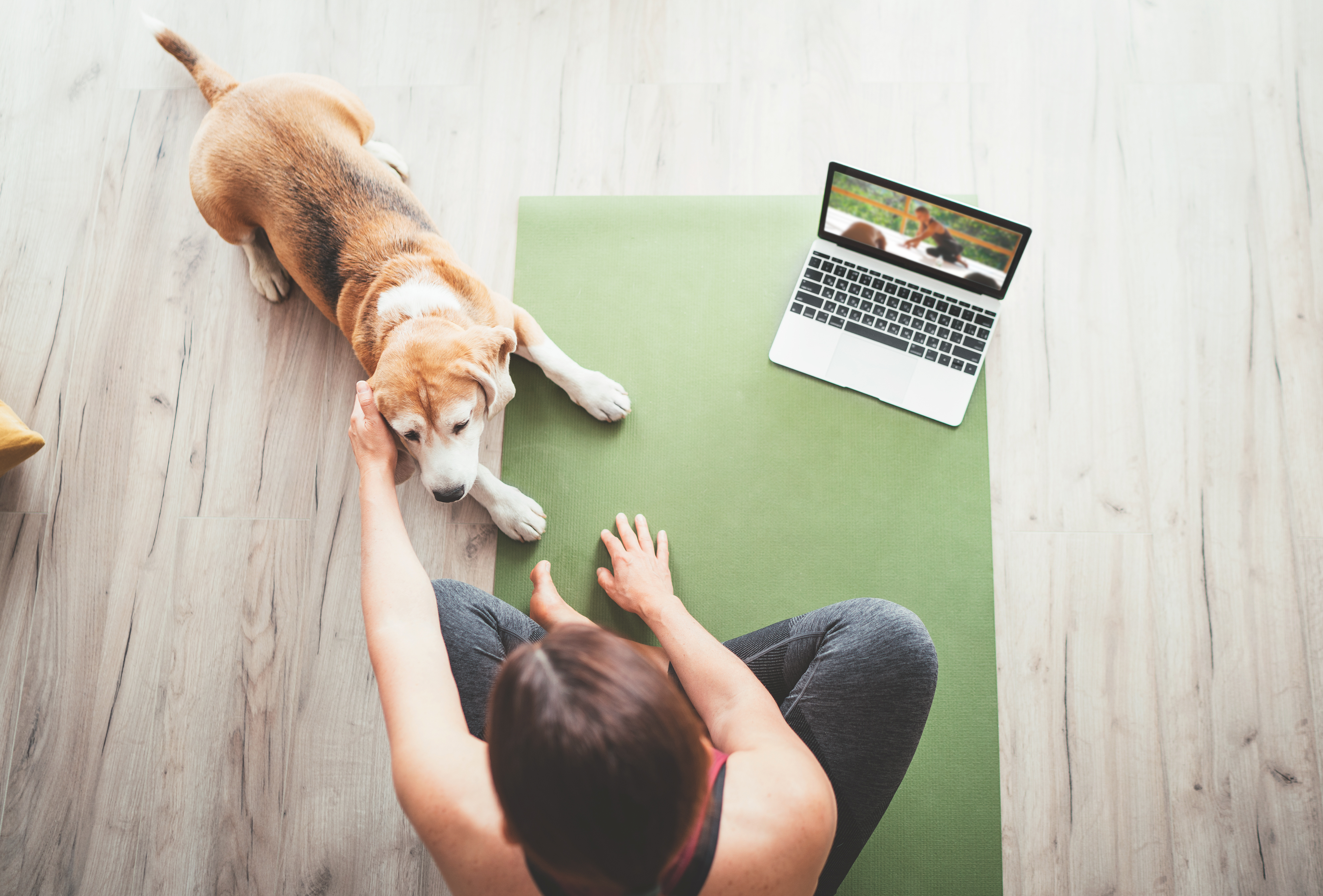With a global pandemic sweeping the world, national lockdowns, and businesses big and small having to close their doors for extended periods, it’s been a turbulent year, to say the least. But despite the extreme uncertainty and challenges the coronavirus pandemic has caused, small businesses have shown incredible resilience and strength in the face of adversity.
As we continue to adapt to the reality of living with Covid-19, we’ve put some tips together to help you protect your business during these uncertain times.
Government funding
It’s important to know what financial support you’re entitled to as this could make a real difference to the stability of your business during a rocky period.
Here’s where you can find out more information about the government funding schemes for individuals and small businesses affected by the pandemic:
- UK – gov.uk
- US – usa.gov
- Canada – canada.ca
- Ireland – gov.ie
- Australia – business.gov.au
- Singapore – gov.sg
- New Zealand – govt.nz
- South Africa – gov.za
Make the move online
Having an online presence is crucial for connecting with customers remotely. After all, the internet is the number one tool for people searching for what they need, especially when they’re confined to their homes.
Providing your services online is key to retaining existing customers and attracting new ones. From dog training to personal training and everything in between, you’d be surprised at how many services can be provided remotely.
Refresh your website
Following on from the above, if you want to build a successful online presence, then you need to have a great website – it will help you to connect with customers far and wide but it won’t attract and retain new clients if it isn’t attractive, user-friendly, or relevant to their requirements.
If your website is in need of a revamp, now’s the perfect time to do it – and if you don’t know the first thing about web design, why not hire a web designer to take the pain out of the process? Many web designers provide this service remotely too!
Communication
With changes happening daily, it’s critical to maintain strong communication with your clients, to keep them up to date with any last-minute changes in your business operations as a result of new government restrictions. A great way to do this is via social media, regular email communications, or updates on your Bark profile and/or company website.
Manage your cash flow
During such uncertain and volatile times, it’s vital to monitor your cash flow closely, as this could be impacted significantly by the changes in work circumstances as a result of the pandemic.
If you haven’t already done so, create a short term cash-flow forecast for the next few months, taking into account various scenarios that could affect it, such as late payments from customers.
Employing an accountant is an efficient way to get to grips with the figures so that you can effectively prepare your business for the uncertainty of the next few months. Many accountants also provide their services online.
Expand your social media presence
Social media is an effective (and free!) tool that all businesses can harness to expand their customer base during a pandemic.
By expanding your social media presence, you can engage with more customers, remind them that you’re there, and come up with creative solutions to serving them remotely.
We’ve put together a handy beginners guide for creating a social media strategy for small businesses, which you can read here.
Address your budget
It’s a fact of coronavirus life that many small businesses will have to rethink and adapt their budget as a result of the pandemic.
If like many businesses, you’re experiencing a decrease in cash-flow, it’s vital that you adapt your budget accordingly. Here are a few considerations:
- Monitor your cash-flow – It’s likely your cash-flow has changed a lot throughout the last few months, and it will probably continue to do so. Make sure you monitor this closely to be aware of any changes that need to be made in your budget i.e. in terms of cutting unnecessary expenses.
- Be proactive with payments – Managing your payments during a pandemic is a balancing act between ensuring you receive your payments on time and being mindful of issues your client may be facing in managing their own finances. It’s always a good idea to touch base with your client before the payment is due so that you can identify any issues early on and come to an agreement.
- Manage your personal finance – Many personal finance providers are offering flexibility to their clients during times of crisis, so it’s worth having a discussion with your mortgage lender, energy supplier, etc. to see whether they can provide you with any financial support. Having more personal income means that you could invest this into your business at a time when it needs it most.
Promote workplace safety
It’s vital that your workplace practices and environments are Covid-19 secure so that you can continue to serve your customers safely. To put your customers’ minds at ease, make sure you clearly state which measures you’ve taken to protect your staff and customers from Covid-19 infection.
Small steps such as displaying health and safety checklists on your office, website, etc. (which are often free to download) and sharing the steps you’ve taken on your social media channels is a great way to reassure customers.
Summary
We hope this guide has been useful. If there’s anything else we can help you with or anything that we didn’t cover in this article that you think is important to share within the professional community, please do get in touch via telephone or email – find our telephone numbers on our website or email team@bark.com.
We’re always looking for ways to support you during these difficult times.





















